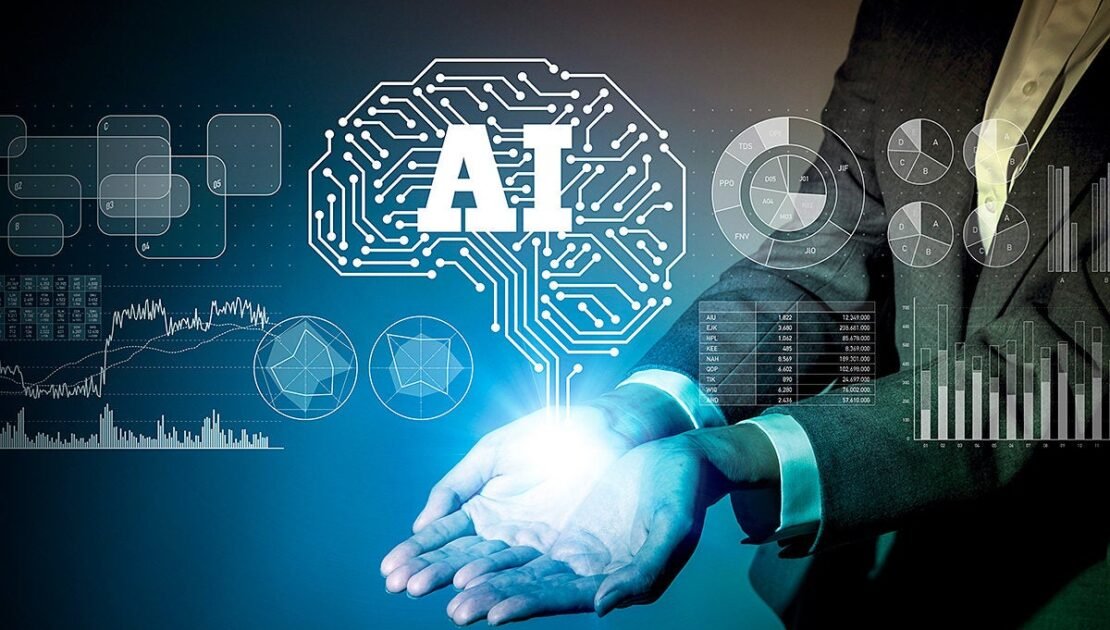Artificial Intelligence and Health
Table of Contents
- 1 Artificial Intelligence and Health
- 1.1 The Role of AI and ML in Medical Diagnoses
- 1.2 How AI and ML are Improving Medical Diagnoses
- 1.3 Benefits of AI and ML in Medical Diagnoses
- 1.4 Examples of AI and ML in Medical Diagnoses
- 1.5 Challenges of Implementing AI and ML in Medical Diagnoses
- 1.6 Ethical Considerations in the Use of AI and ML in Medical Diagnoses
- 1.7 Future of AI and ML in Medical Diagnoses
- 2 Conclusion
In this article, we will explore how Artificial Intelligence and Healthcare improving medical diagnoses and the benefits of this technology. As technology continues to evolve, its impact on various industries cannot be ignored. The healthcare industry, in particular, has been revolutionized by the integration of Artificial Intelligence (AI) and Machine Learning (ML). AI and ML have proven to be valuable tools in improving medical diagnoses, enabling healthcare providers to make more informed decisions and ultimately, saving lives.
The Role of AI and ML in Medical Diagnoses
AI and ML have revolutionized the healthcare industry in many ways, including the improvement of medical diagnoses. Machine learning algorithms can be trained to identify patterns and predict outcomes based on large datasets. By analyzing a patient’s medical history and symptoms, these algorithms can provide healthcare providers with more accurate and timely diagnoses.
Medical diagnoses have historically relied on a combination of patient history, physical examinations, and diagnostic tests. While these methods have been effective in many cases, they are not infallible. Misdiagnoses are common and can have serious consequences, such as delayed treatment or unnecessary procedures.
How AI and ML are Improving Medical Diagnoses
AI and ML have the potential to improve medical diagnoses by providing more accurate and timely information. These technologies can analyze large datasets, including medical records and imaging data, to identify patterns and predict outcomes. By comparing a patient’s symptoms and medical history to this data, AI and ML algorithms can provide more accurate diagnoses.
Benefits of AI and ML in Medical Diagnoses
The benefits of AI and ML in medical diagnoses are numerous. These technologies can provide more accurate and timely diagnoses, reducing the risk of misdiagnosis and improving patient outcomes. AI and ML can also improve the efficiency of healthcare delivery, reducing costs and freeing up healthcare providers to focus on patient care.
Examples of AI and ML in Medical Diagnoses
AI and ML are already being used in medical diagnoses in a variety of ways. For example, machine learning algorithms can analyze medical imaging data to identify patterns and detect abnormalities. AI can also be used to analyze genetic data to identify patients at risk for certain diseases. In addition, AI and ML can be used to analyze electronic health records to identify potential diagnoses and treatment options.
Challenges of Implementing AI and ML in Medical Diagnoses
Implementing AI and ML in medical diagnoses is not without its challenges. These technologies require large amounts of data to be effective, which can be difficult to obtain. In addition, there are concerns about the accuracy and reliability of AI and ML algorithms, as well as the potential for bias in the data used to train these algorithms.
Ethical Considerations in the Use of AI and ML in Medical Diagnoses

The use of AI and ML in medical diagnoses raises ethical considerations as well. For example, there are concerns about patient privacy and the security of medical data. In addition, there are concerns about the potential for AI and ML to be used in ways that discriminate against certain groups of patients.
Future of AI and ML in Medical Diagnoses
As these technologies continue to evolve, they are likely to become even more powerful and versatile. AI and ML may be used to develop personalized treatment plans for individual patients, taking into account their unique medical history and genetic makeup. Additionally, AI and ML may be used to identify new patterns and correlations in medical data that were previously unknown, leading to new diagnostic and treatment options.
Read More:Investing in Blockchain: What You Need to Know Before Taking the Plunge in 2023
Conclusion
In conclusion, AI and ML are proving to be valuable tools in improving medical diagnoses. By analyzing large amounts of medical data and identifying patterns, these technologies can provide healthcare providers with more accurate and timely information, leading to better patient outcomes. While there are challenges and ethical considerations to be addressed, the potential benefits of AI and ML in medical diagnoses are significant. As technology continues to evolve, it is likely that we will see even more innovative uses of AI and ML in the healthcare industry.
It is important to note that AI and ML are not meant to replace healthcare providers, but rather to enhance their abilities and provide better support for decision-making. As AI and ML continue to be integrated into medical diagnoses, it is important for healthcare providers and researchers to work together to ensure that these technologies are used in a responsible and effective manner.
The integration of AI and ML into medical diagnoses is a promising development for the healthcare industry. The benefits of these technologies in providing more accurate and timely diagnoses and improving patient outcomes are significant. With careful consideration of the challenges and ethical considerations involved, AI and ML have the potential to revolutionize the way that we approach medical diagnoses and treatment.




